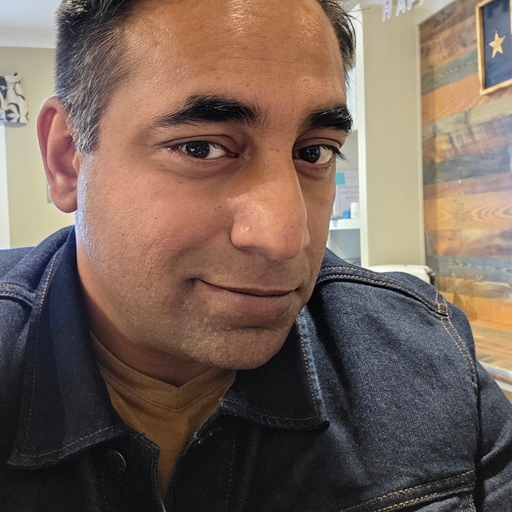
Ajay Kapoor
SUD Clinician
Ajay Kapoor, LCDCi, brings nearly six years of lived recovery experience and specialized clinical training to his work with warriors in crisis. Born in Bombay, India, and raised across New York, San Francisco, Austin, and Austria, Ajay’s unconventional path to clinical practice began on February 14, 2020—the day he got clean and sober. The help he received in treatment was crucial, but he felt it was lacking as he was not interested in just giving up drinking and using, but creating a life he didn’t want to escape from.
Currently completing his Master of Arts in Clinical Mental Health Counseling at Texas A&M University-San Antonio (expected December 2025), Ajay is a 2023 recipient of the prestigious NBCC Minority Fellowship Program, which recognized his commitment to creating culturally responsive treatment for underserved populations. He has completed over 900 clinical internship hours. He holds specialized certifications in Substance Use & Addiction Treatment through both NBCC and NAADAC, with four years of clinical experience in the field.
Ajay’s clinical approach is shaped by his own experience with severe addiction. This personal journey, combined with his training in Existential Therapy, Internal Family Systems (IFS), Narrative Therapy, Solution-Focused Therapy (SFT), and Dialectical Behavior Therapy (DBT), allows him to meet his clients where they are without flinching. He understands that the same sense of purpose and duty that makes someone a hero can also become the source of profound trauma, isolation, and pain.
His specialized training includes critical coursework in addiction treatment, trauma-informed care, polysubstance use, and co-occurring mental health disorders. As an active member of Alcoholics Anonymous, Ajay has sponsored numerous men through the 12 steps, chaired meetings across Texas, and brought the message of recovery to numerous rehabilitation centers and collegiate AA chapters.
What sets Ajay apart in clinical settings is his straightforward, direct, and authentic approach. He doesn’t shy away from the painful realities or the complexity of our humanity. He believes deeply that therapy is for those who need to be seen and heard as they are.
At Warriors Heart, Ajay’s philosophy is simple: We don’t shoot our wounded.
My Why:
I got sober on February 14, 2020—Valentine’s Day. Not because I wanted to, but because I had run out of options. I was hopeless, isolated, and convinced that what I’d been through was too vast for anyone to understand, let alone help.
I used substances to cope with childhood trauma, abuse, and neglect that I carried with me throughout my life. I wandered the streets of multiple cities, developing every unhealthy coping mechanism imaginable, believing that my pain was a death sentence and my identity as an addict was permanent. I was wrong.
When I walked into my first AA meeting, something shifted. Not immediately—I’m not going to tell you it was a miracle. But over time, through the 12 steps, through sponsors who didn’t flinch at my story, through a Higher Power I didn’t think wanted anything to do with someone like me, I found a way forward. I found that what I thought made me broken was actually the foundation of my greatest strength.
Thirty days after I got sober, I enrolled in college. I had barely a high school education, but I knew with absolute certainty that there was a need I had to fulfill. I wanted to become the therapist who isn’t scared of what people have been through, someone who can sit with the person struggling to understand their humanity, the isolation, the hopelessness, the copious amounts of drugs and alcohol. Someone who understands that therapy isn’t just for people with neat, manageable problems. It’s for people like me.
I’m here because I’ve been in the pit. I know what it’s like to believe recovery isn’t for people like us. I know what it’s like to think that the pain, the trauma, the things we’ve done and seen, make us unredeemable. I know what it’s like to have society write you off.
And I also know what it’s like to be pulled out of that pit and given an unexpected second chance.
That’s what I bring to Warriors Heart. Compassionate care that cuts to the bone. Authentic connection that honors who you are and the lived knowledge that recovery isn’t just possible—it’s a path back to the hero you’ve always been.













